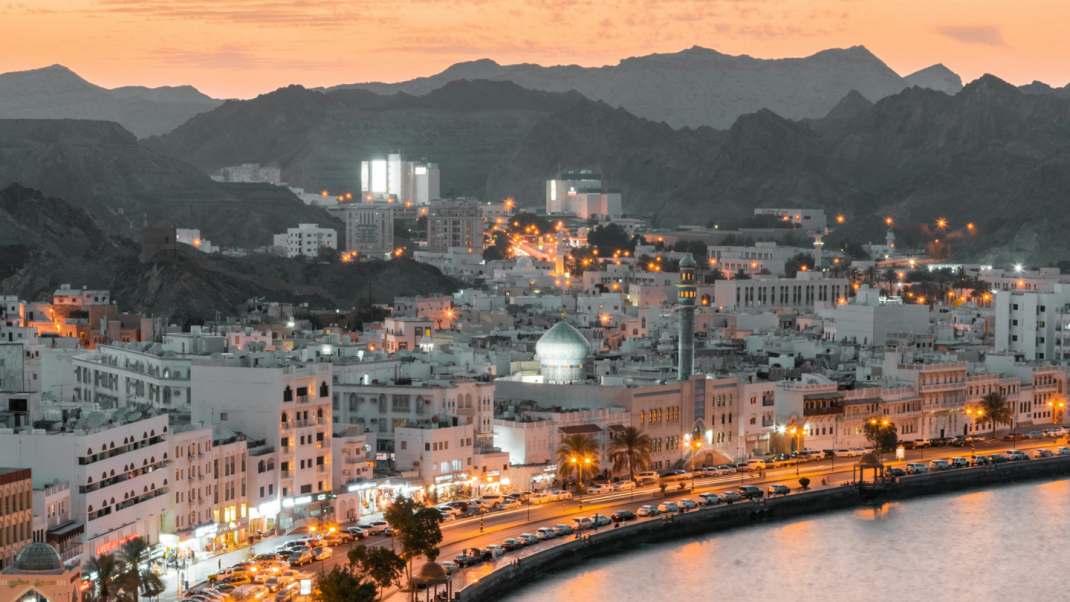
Hapag-Lloyd strengthens presence in the Middle East with new office in Oman
HAMBURG: With a population of approximately 5.57 million, Oman’s economy is experiencing steady and sustainable growth. Major international financial institutions project real GDP growth between 2.3 and 3.1 percent in 2025, supported by the country’s diversification efforts under the national Vision 2040 plan. While oil and gas continue to play a vital role, Oman’s expanding non-oil sectors – such as logistics, manufacturing, tourism, renewable energy, mining, and fisheries – are contributing to the diversification and resilience of Oman’s economy.
Oman’s geographic position along the Arabian Sea and the Gulf of Oman makes it a critical logistics hub for regional and global trade. Hapag-Lloyd maintains a strong network in Oman, offering weekly services via Sohar, a key gateway for imports and exports, while Salalah functions as a major transhipment hub – also for Hapag-Lloyd’s network as part of the Gemini Cooperation. In 2024, Oman’s ports handled more than 4 million TEUs, reflecting the country’s growing role in global supply chains. Oman exports petrochemicals, petroleum, natural gas, metals, aluminum, seafood, imports machinery, consumer goods, transport equipment, and mineral products.
“Opening our new office in Muscat marks an important milestone in strengthening our presence in the Middle East,” said Lars Sorensen, Senior Managing Director Region Middle East at Hapag-Lloyd. “Oman offers an excellent combination of strategic location, advanced infrastructure, and a forward-looking economy. Setting up a dedicated and highly qualified local team enables us to work even more closely with our customers and partners, supporting the country’s growing role as a trade hub in the Gulf area.”
With its new office in Muscat, Hapag-Lloyd reinforces its long-term commitment to quality and to serving customers throughout the region with reliable and efficient shipping solutions.

